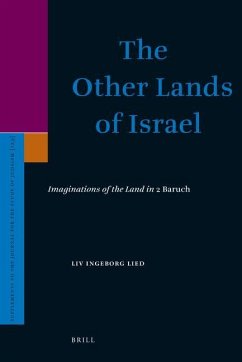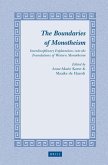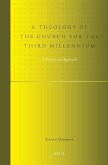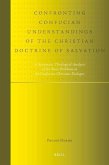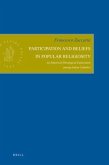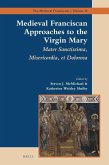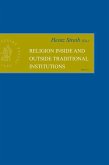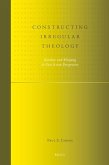According to the current scholarly consensus, the apocalypse of 2 Baruch, written after the Fall of Jerusalem, either rejected the concept of the Land of Israel as a place of salvation or regarded it as of minor importance. Inspired by the perspective of Critical Spatial Theory, this book discusses the presuppositions behind this consensus with regard to the spatial epistemology it assumes, and explores the conception of the Land as a broad redemptive category. The result is a fresh portrait of the vitality of the Land-theme in the first centuries of the common era and a new perspective on the spatial imagination of 2 Baruch.
Hinweis: Dieser Artikel kann nur an eine deutsche Lieferadresse ausgeliefert werden.
Hinweis: Dieser Artikel kann nur an eine deutsche Lieferadresse ausgeliefert werden.

